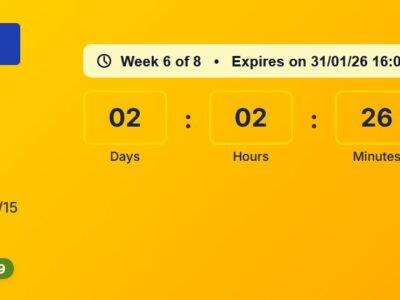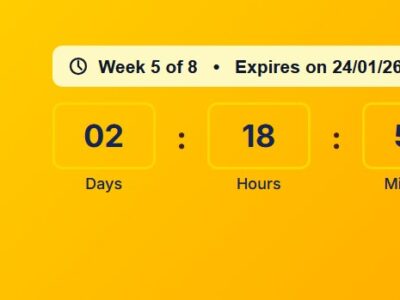Every motorist/car owner is determined to save as much fuel as possible so as not to spend too much on the car, but sometimes it becomes hard especially when you are on traffic jam.If you find that your car is consuming so much fuel yet you have opportunity to limit the usage, don’t worry, we have a solution for you.
Here is how to go about it:
- Accelerate smoothly
Traveling at a steady speed will ensure your car is not overstretched. Sometimes accelerating past a car in front of you are making emergency breaks or slowing down in an accelerating speed can make the car consume more than the normal fuel.
- Don’t push the accelerator too far down.
This is not just because of what gear you are in. You may be in a high gear and travelling at a steady speed but if you are pushing the accelerator down a long way to avoid changing into a lower gear (for example into third from fourth) then you’re using more fuel not less. This is of course if you are driving an automatic car, the car will do a better job than you of choosing which gear to be in so it’s not a problem for an automatic.
- Turn the air-conditioning off.
Whereas it can get very humid in African countries or in the summer for some, it’s enticing to drive around while the air-con is on. The problem with air-con being on all the time while you drive is that it uses quite a bit of fuel, so we’d advise you turn it off when you can and drive with your windows down if it’s not raining or when you are driving around town.
- Check your tyre pressure regularly
The work of a tire is to carry the weight of the entire car. The more the pressure the better for your car. If you allow the pressure of the car go below the optimal, your car is likely to consume more fuel.
If your car if filled to capacity chances of saving more than 1/8 of the total fuel consumption in a distance of 200 kilometres are high.
- Don’t carry unnecessary weight
The lighter the car the higher the chances of consuming less fuel. It is always advisable to carry less than the required carrying capacity. If your car is a 5 seater, then having three occupants will make a big difference as compared to when it’s fully occupied.
- Don’t drive during rush hours.
During rush hours you will spend more time on traffic jam, leading to high fuel consumption. It is always advisable to avoid traffic as much as possible-it’s better to drive long distance without jam than driving 3 kilometre road where you are stuck for 3 hours.
Not only is it an expensive way of travelling, every time you start and stop in traffic, your car needs first gear and a huge amount of fuel to get moving again. Second gear is worse. The best solution is to not travel at all if you can during the rush hours of the day. If you have to travel in traffic a lot, then consider buying a hybrid car which uses less fuel in town than a petrol or diesel car.
- Service your car regularly
I know you fear spending some coins to service your car in the garage, but it’s better to spend some cash so that the engine can be of good condition, thus fuel efficient.
- Remove the roof rack off your car
Whereas most people like to have roof racks on their cars even when they don’t necessarily use them most of the time, this increases drag and makes your car use more fuel. If you can’t do away with a roof rack, get the latest roof rack which is easy to fit and remove such that you can stow them away when you’re not using them.
- Close your windows and sunroof if driving on the highway
When you are driving on the highway and are moving more quickly, the shape of your car is very important. Car designers call it aerodynamics and make lots of effort to reduce ‘drag’ and make the car go as sleek as possible. Anything that makes noise while your car is moving is consuming more fuel. You can’t do much about the design of your car but you can avoid making it consume more fuel on the highway by not leaving the windows or sunroof open. Use the air vents or air-con if it gets too hot.
- Make fewer errands or trips.
Did you know that when you drive a car that has been parked all day, the engine is cold and it uses a lot of fuel for the first five miles? To save fuel, why not combine all your daily trips into one big trip? Sometimes of course this is not possible but try to avoid making unnecessary trips.














